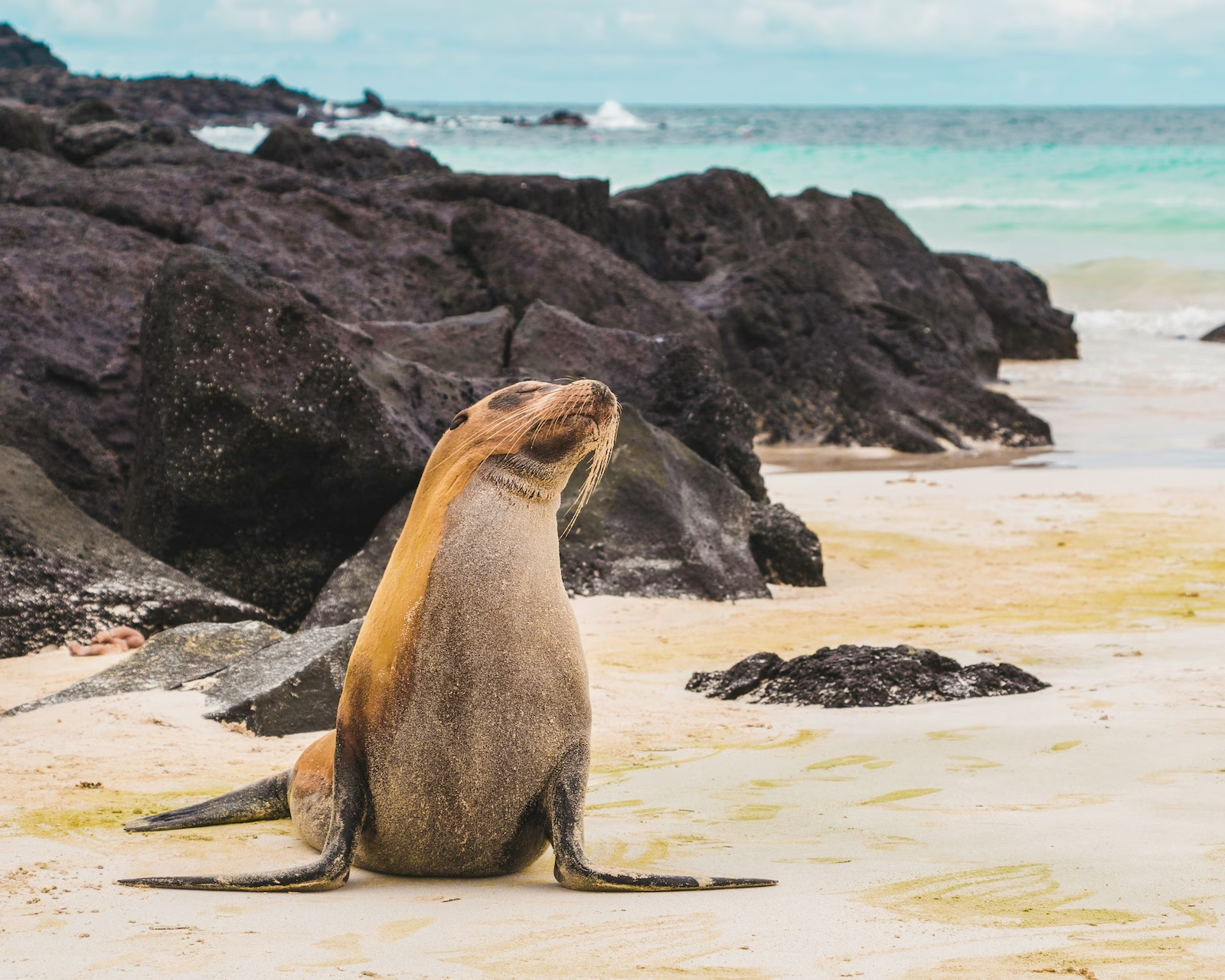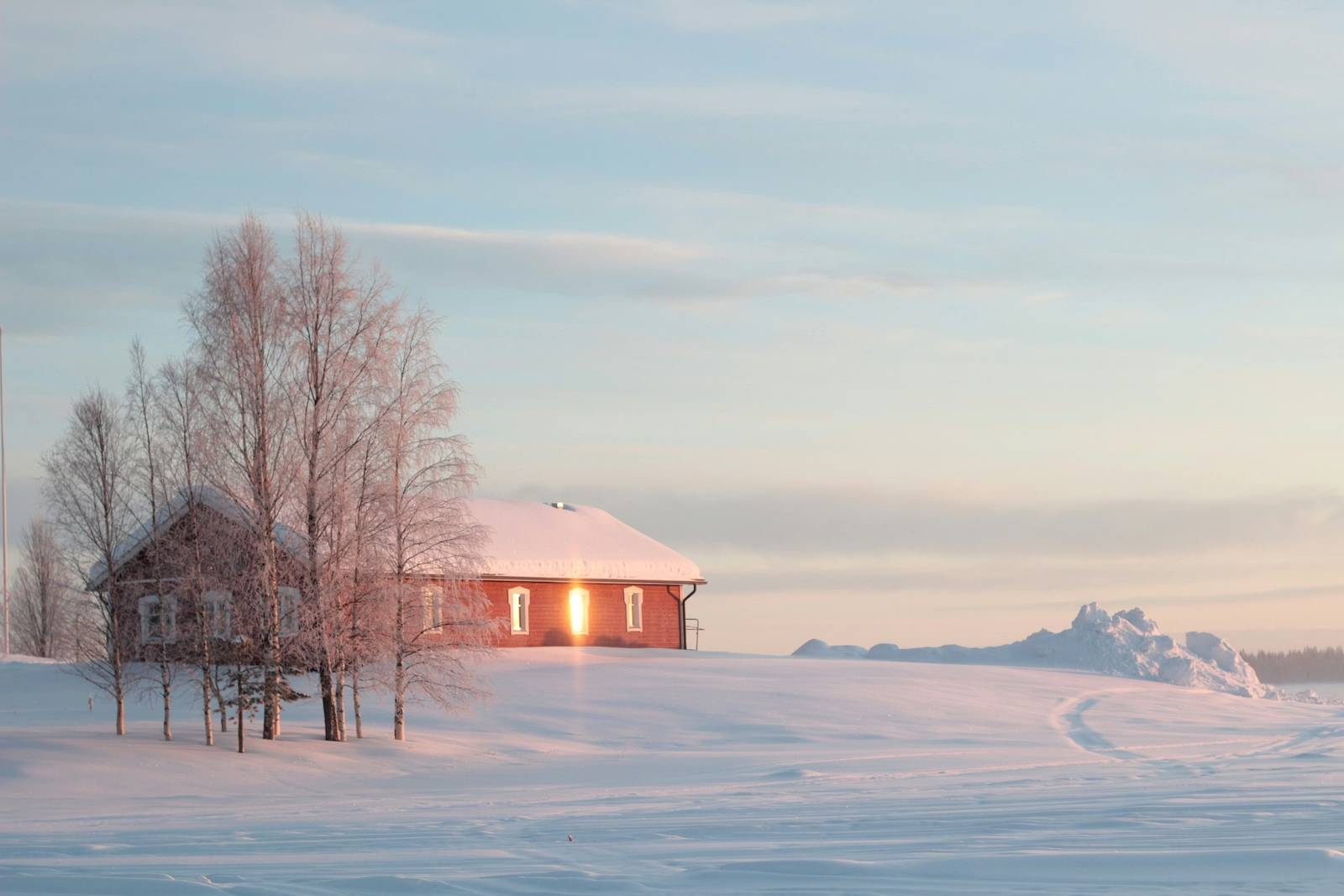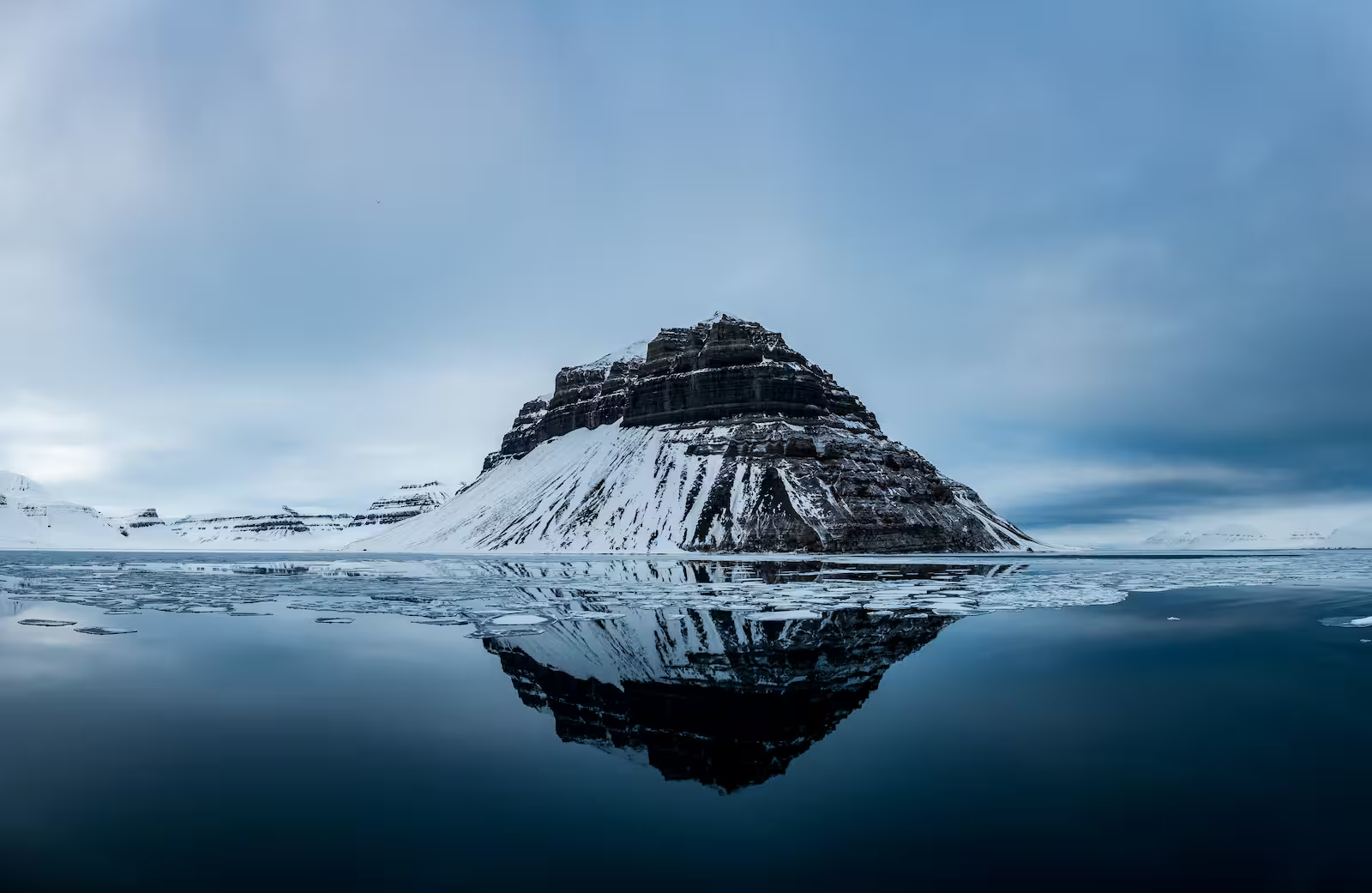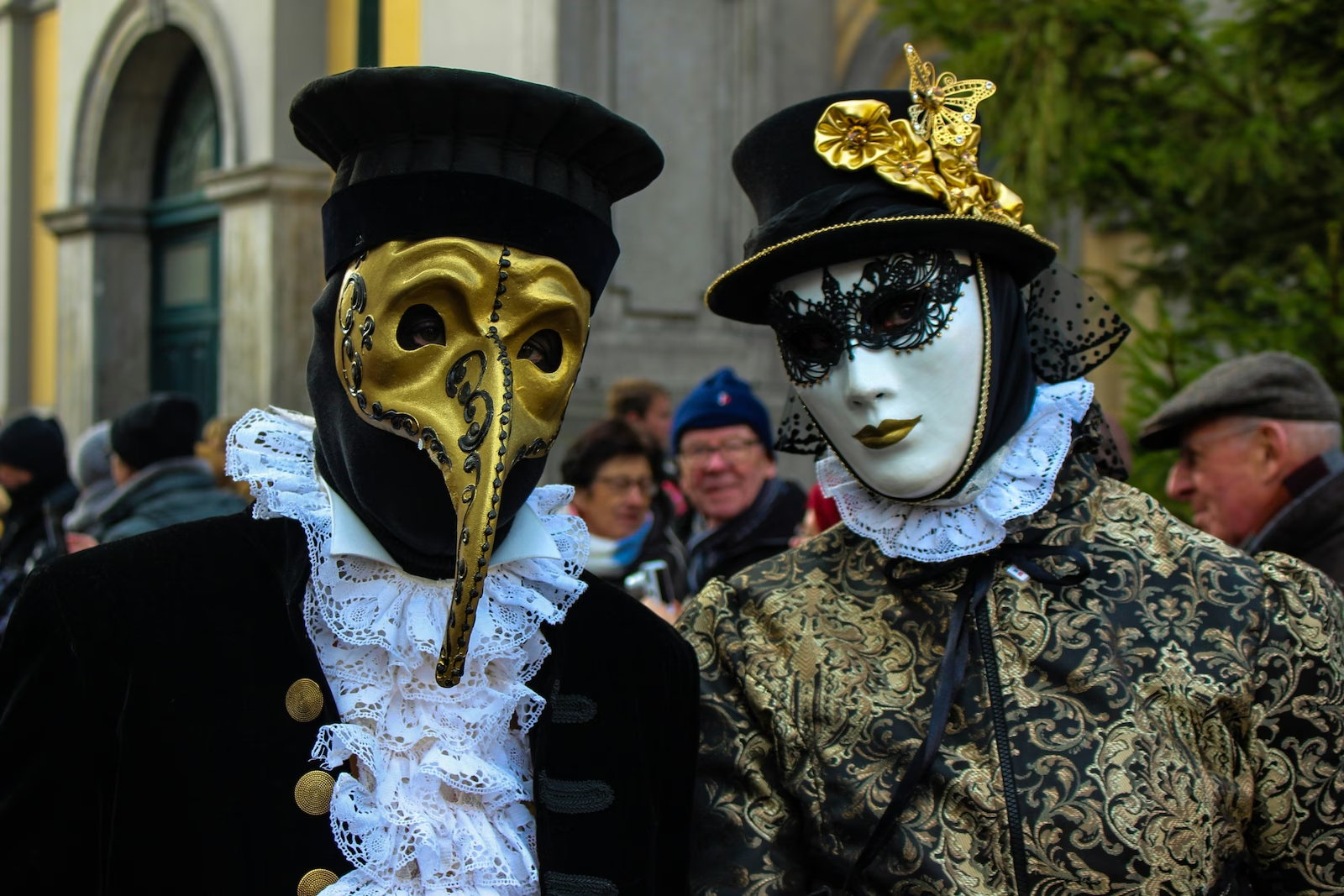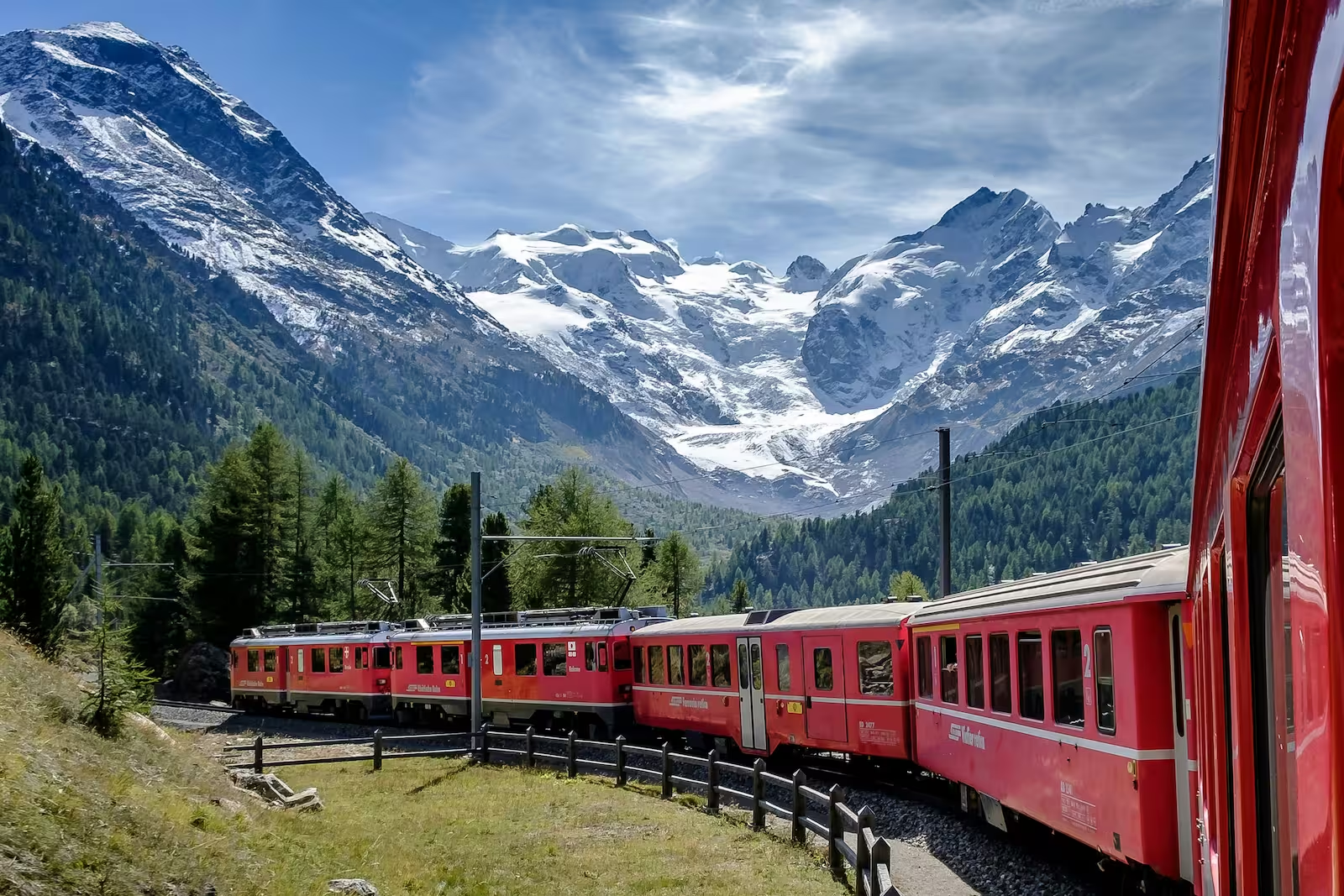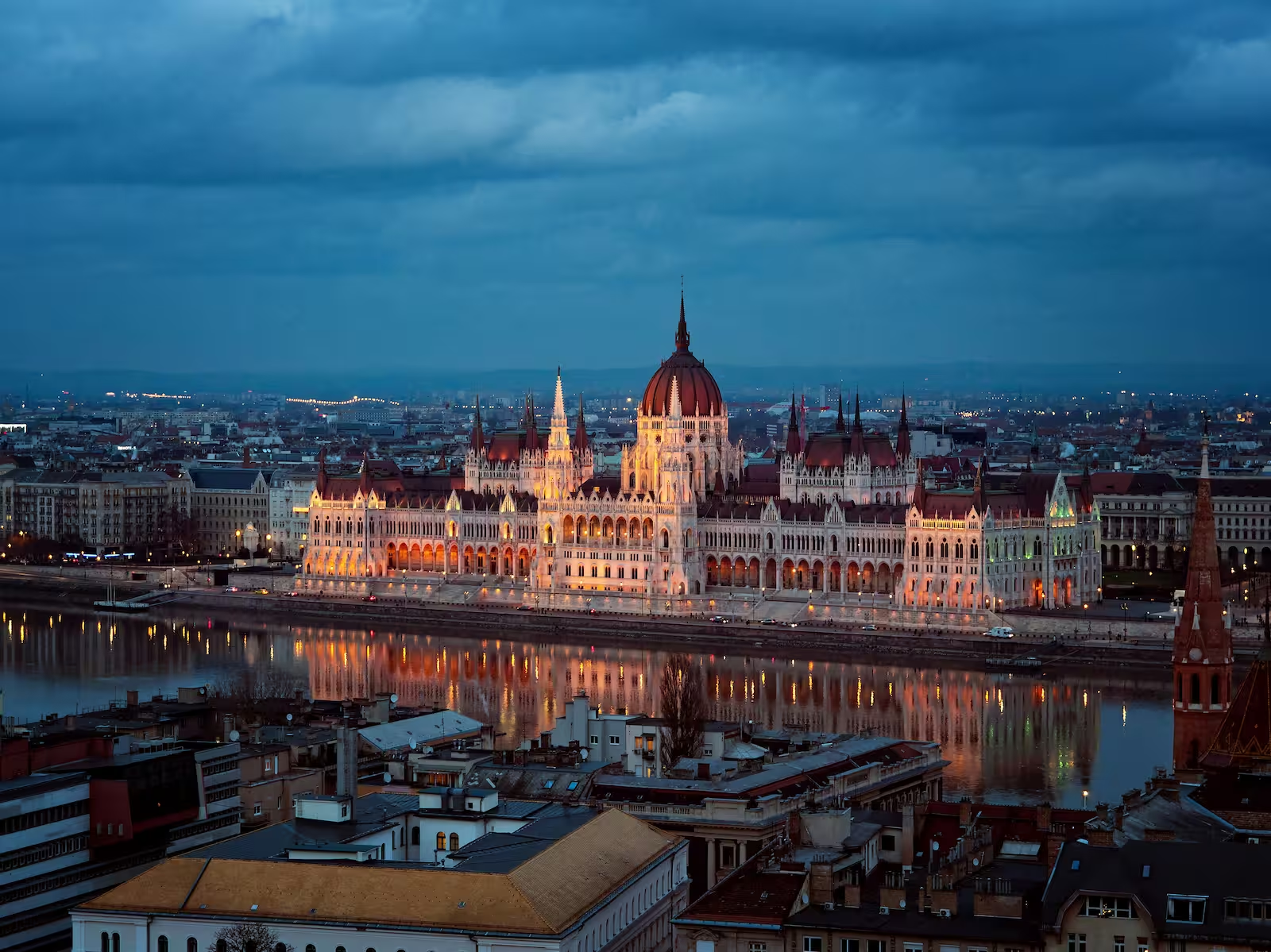Turkmenistan may not even be on the radar for the majority of aspiring globe-trotters. This is partly due to it being sandwiched in between Uzbekistan, Iran, and Afghanistan, three far more accessible and densely-populated countries, but also because of the highly secretive nature of the nation. Following its independence from the soviet union in 1991, Turkmenistan has enjoyed a period of isolation that only recently began to be lifted.
The country has managed to stay sustained primarily by its impressive gas exports, producing nearly 70 million cubic metres of gas each month, with about two-thirds of this going to Russia’s Gazprom Gas monopoly. In order to try and get from underneath Russia’s thumb, the country has also sought out deals with China and the neighbouring Iran. Despite all of its big-name export dealings, the nation still suffers from relative wealth inequality, the extent of which is difficult to pin-down due to the government’s concealment of national statistics that may otherwise be published.
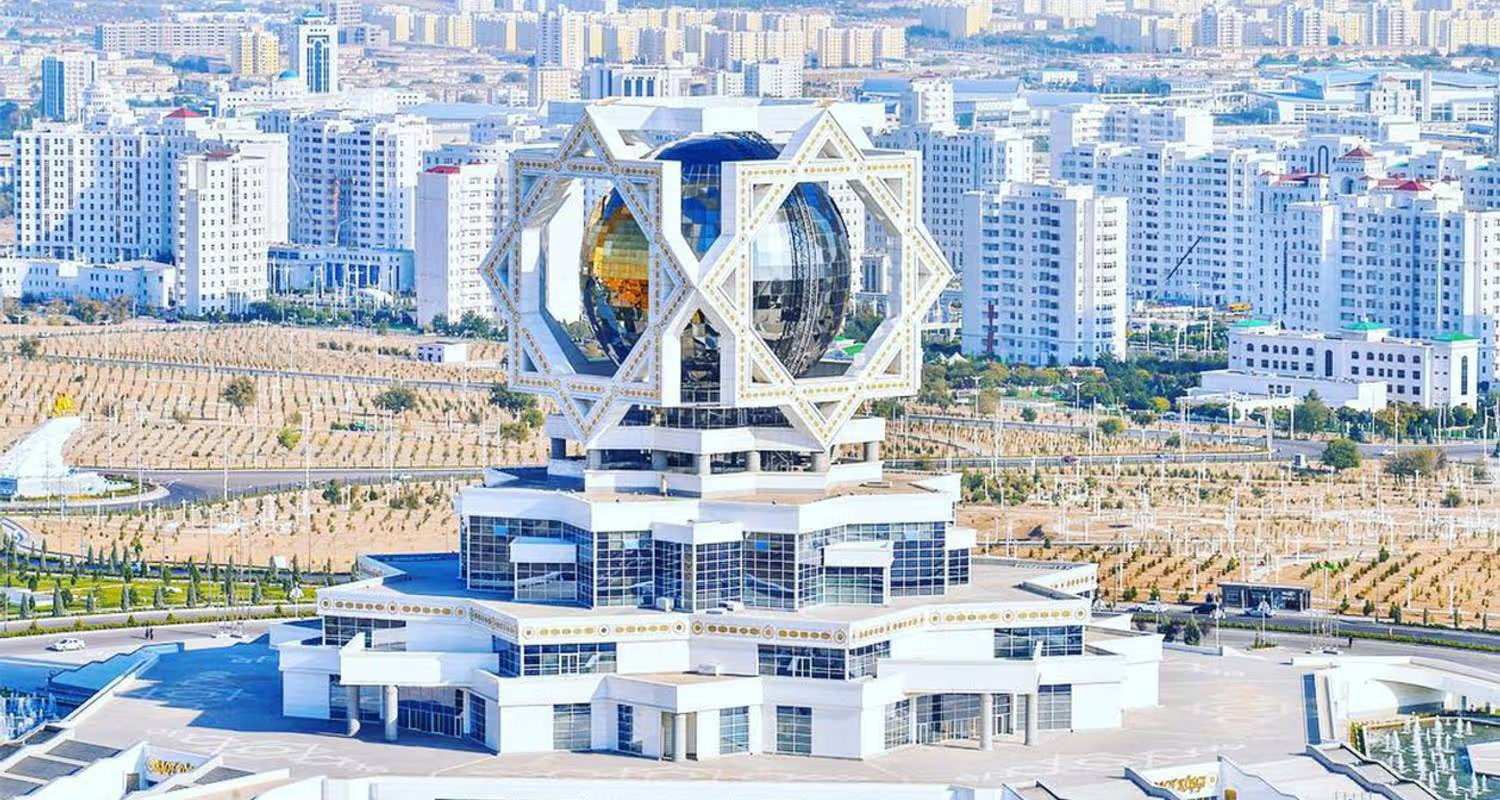
Big Brother
Reading up on the experience of people who have spent a significant amount of time in Turkmenistan, some will tell you that there is a fair amount to like about living in the country itself. The cost of petrol, electricity and water is low, the majority of cities are clean and tidy, with some even sporting some incredible architecture, roads are wide, and public transport is efficient. There are a number of other benefits, such as free weddings and cheap education, but the more you read into these uncanny upsides, you begin to see a somewhat concerning stipulation of having to keep your head down and offer up your freedom of speech to the government in order to fully enjoy them.
The term ‘state-controlled media’ doesn’t really exist in Turkmenistan, mainly because there is no other kind of media available in the country. If a journalist is discovered, they are swiftly removed or imprisoned. International newspapers are non-existent and the national options are plastered with the president’s face and incredibly short, and almost all social media apps are inaccessible. The government has been known to issue fines to those who try to use VPNs to try get around the state-imposed blockade, leading to journalists labelling the country ‘an ever-expanding black hole of news’ and earning it a ranking of 177th out of 180 on Reporters Without Borders’ World Press Freedom Index, after ranking last place in 2019, beating out even North Korea.
This concealment of information becomes extremely problematic when you consider Turkmenistan’s past and current economic state. There have been large swaths of people evicted from their homes without providing proper compensation for those affected, followed by. Following this, the government continues to conceal information on dozens of people forcibly disappearing during arrests throughout the 90’s and 00’s, with some of the bodies of the deceased only now returning to their families after dying in custody. While, as previously stated, the country thrives with its natural resources, its wealth is wildly maldistributed, causing a majority of the money to be poured into maintenance of the government’s hold over the media, glamorization of the biggest cities and their amenities, and patriotic displays of national pride. This becomes even more egregious when considering that a number of societal ills plaguing the country have become worse in the wake of the pandemic, despite internal reports that the country is covid-free.
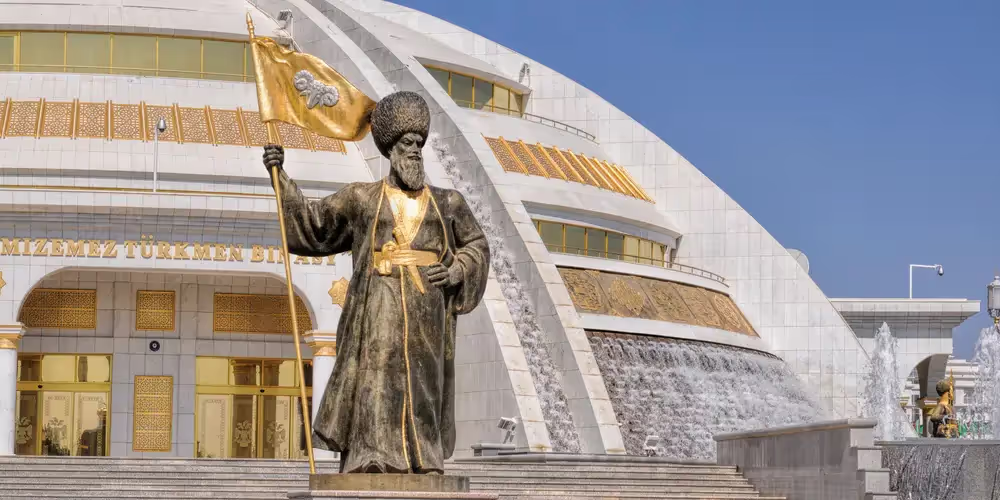
Presidential Presentation
In March of 2022, an election was held that landed Serdar Berdymuhkamedov in the seat of president, taking over from his father Gurbanguly who held the position for 15 years, becoming the third to hold the title over the authoritarian state with a 73% majority. In the brief period of time since his rise to power, the surveillance and censorship of journalism has only intensified. Along with the continued mantra of exclusively portraying Turkmenistan’s regime in a positive light, with president Berdymuhkamedov as the central figure in the cult of personality that has come to define the country’s imposed mindset, criticism of the current or past government officials is strictly prohibited, with those publicly disagreeing facing prosecution, imprisonment, torture, or worse.
Serdar has also netted a reputation in his brief stint in power as bringing a new level of misogyny to Turkmenistan. Despite coming out in conference to claim that “gender equality is important in ensuring stability and harmony in society.”, his words found themselves immediately disproven by the government’s actions. As of April 2022, a virtual ban on abortion care has been imposed along with a range of beauty services, forbidding women from sitting in the front seat of private cars and preventing male taxi drivers from giving women rides. Tight-fitting clothing in any form has also been banned, as has dyed hair, long nails or eyelashes, tattoos on the skin or eyelids. Seemingly these restrictions have been brought in to make it harder for women to spend time away from home and encourage them to spend their time rearing children for their family. The president’s dishonesty over these matters is concerning, but unfortunately is not the first time in the history of the country a president has manipulated the truth in order to appear progressive and worth celebrating.
To this end, a lot of effort has gone into glamorising the presidential lineage and its ‘success’ at uniting the nation. For an example, look no further than the capital, Ashgabat. Also known as ‘the marble city’, the city boasts a bizarre presentation for a country riddled with economic disparity. The streets are lined with marble, earning it a Guinness world record for the most marble-clad buildings of any city, and filled with golden statues of significant figures and previous leaders from the country’s past, including a 69-foot gold leaf statue of 2nd president Berdymukhamedov riding a horse titled ‘The Protector’. The ostentatious display of wealth and national pride throughout this city, when coupled with the government's past and present actions, comes across as somewhat manipulative at best and excessively wasteful at worst.
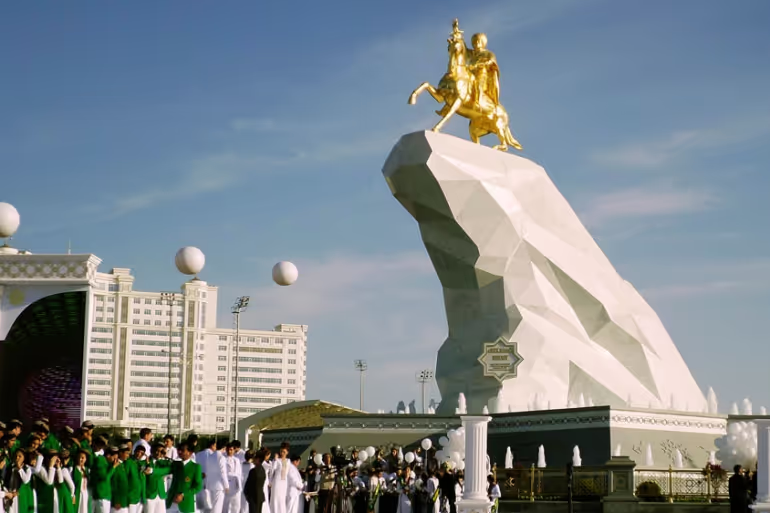
While there is a lot to enjoy as a visitor in Turkmenistan, it’s important to recognise the state that the country and its citizens find themselves in. It’s easy to be swayed by the nationalistic displays of extravagance and you may find yourself marvelling at the unique architecture throughout Ashgabat or the fascinating geological sites, such as the ‘gates of hell’. But despite the tourist attractions, the nation finds itself under the thumb of an oppressive regime that doesn’t seem to be changing its ways any time soon. If you’re looking to see it yourself, have a great time, but be wary that you’re likely being watched.
Starting from Skratch? Here are some tips to get you started:
https://borgenproject.org/top-10-facts-about-living-conditions-in-turkmenistan/







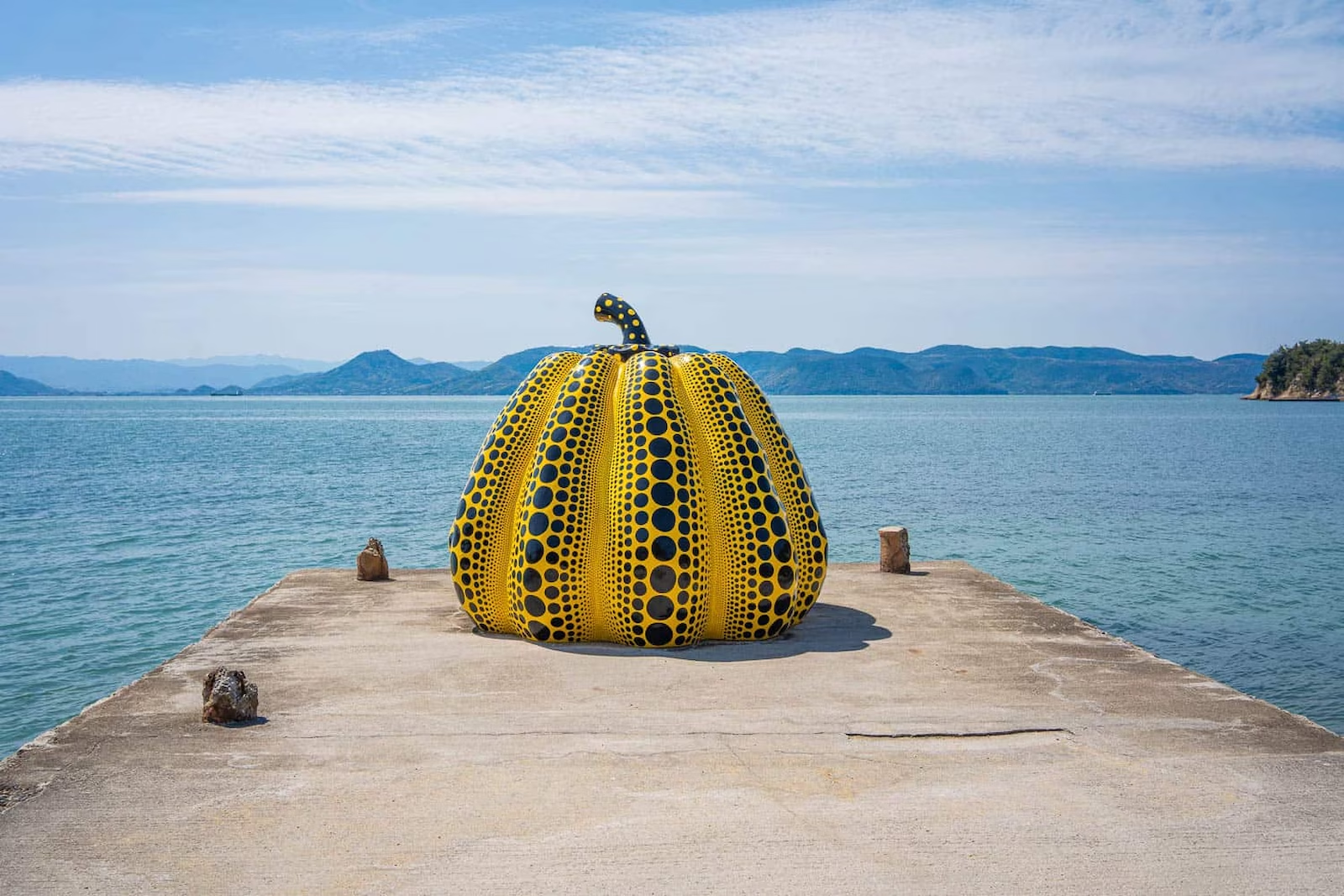
.avif)



